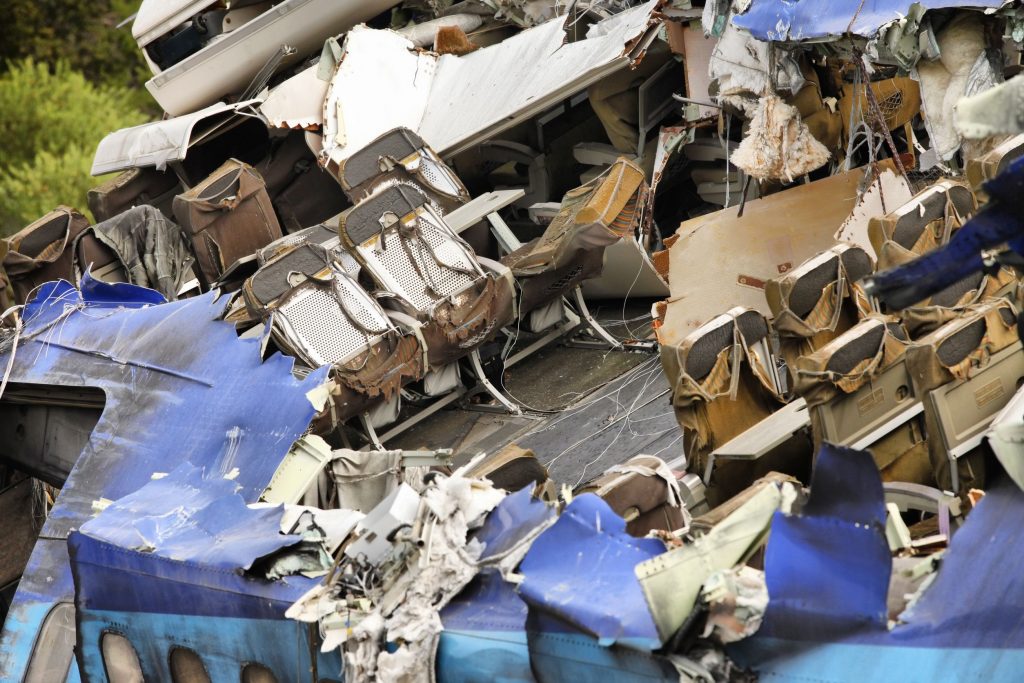
An air traffic controller (“ATC”) holds one of the most important and stressful jobs in existence – one mistake could result in the violent death of hundreds of people. Settled legal standards apply to protect people who are injured by ATC negligence and people who are harmed by the death of another person that was caused by ATC negligence.
What Air Traffic Controllers Do
Air traffic controllers (“ATCs”) are responsible for guiding pilots during takeoff and landing, managing traffic into and out of the airport, and monitoring aircraft as they travel.
Although pilots bear primary legal responsibility for the safety of their passengers and the integrity of the aircraft, they are legally required to obey ATC orders unless (i) the orders conflict with the collision avoidance equipment on board the aircraft, or (ii) an emergency situation arises in which it is clear that another course of action should be taken. The authority of an air traffic controller is what gives rise to liability for issuing an ill-advised order that results in or contributes to a crash.
Duty of Care
An ATC is held to a professional standard of care when it comes to liability arising out of the performance of his duties. This duty of care is not equivalent to the duty of care owed by, say, a motorist to other motorists on a highway. Instead, it is measured with reference to the ATC’s experience and professional training as well as applicable federal regulations. The operative question is “What order would a reasonably prudent ATC have issued under these circumstances?” Failure to meet this standard of care can give rise to liability for negligence if damages result from the order.
Sovereign Immunity and the Federal Tort Claims Act
Generally speaking, in common law countries such as the United States, the government is entitled to claim immunity from any sort of money damages arising from a lawsuit, on the reasoning that any damages would ultimately be paid by the taxpayers. This principle is known as “sovereign immunity”. An exception to this rule is that a government can waive its own sovereign immunity by statute. In fact, the United States has waived major portions of its sovereign immunity by the Federal Tort Claims Act, allowing itself to be sued for negligence under certain circumstances.
The FAA and the Federal Tort Claims Act
All ATCs are employees of the Federal Aviation Administration, a federal government agency. Under the common law doctrine of respondeat superior, an employer can be held liable for the negligence of its employees, meaning that in almost all cases, the FAA can be sued over a death or injury arising from ATC negligence.
Jurisdiction
Before you can file a lawsuit, you must assert an administrative claim with the FAA by filing Form SF-95 within the two-year statute of limitations. Only after you have exhausted your remedies with the FAA may you file a lawsuit against the FAA or the ATC personally. Once you enter the judicial system, you will be restricted by the rule that the federal district court enjoy exclusive jurisdiction over ATC negligence cases. This means that if you want to file a lawsuit over ATC negligence, you have to file the lawsuit in a federal district court, not a state court.
Applicable Law
Your claim must be based on state tort law, although federal regulations such as the Controller’s Handbook can be decisive. State law claims include property damage, personal injury and wrongful death (the latter is filed by an estate executor or close relative of the deceased victim, depending on state law). One way to prove negligence is to assert a negligence per se claim and then prove that the ATC violated an applicable regulation. The claim against the FAA must be based on negligence (rather than intentional misconduct), and no punitive damages may be awarded.